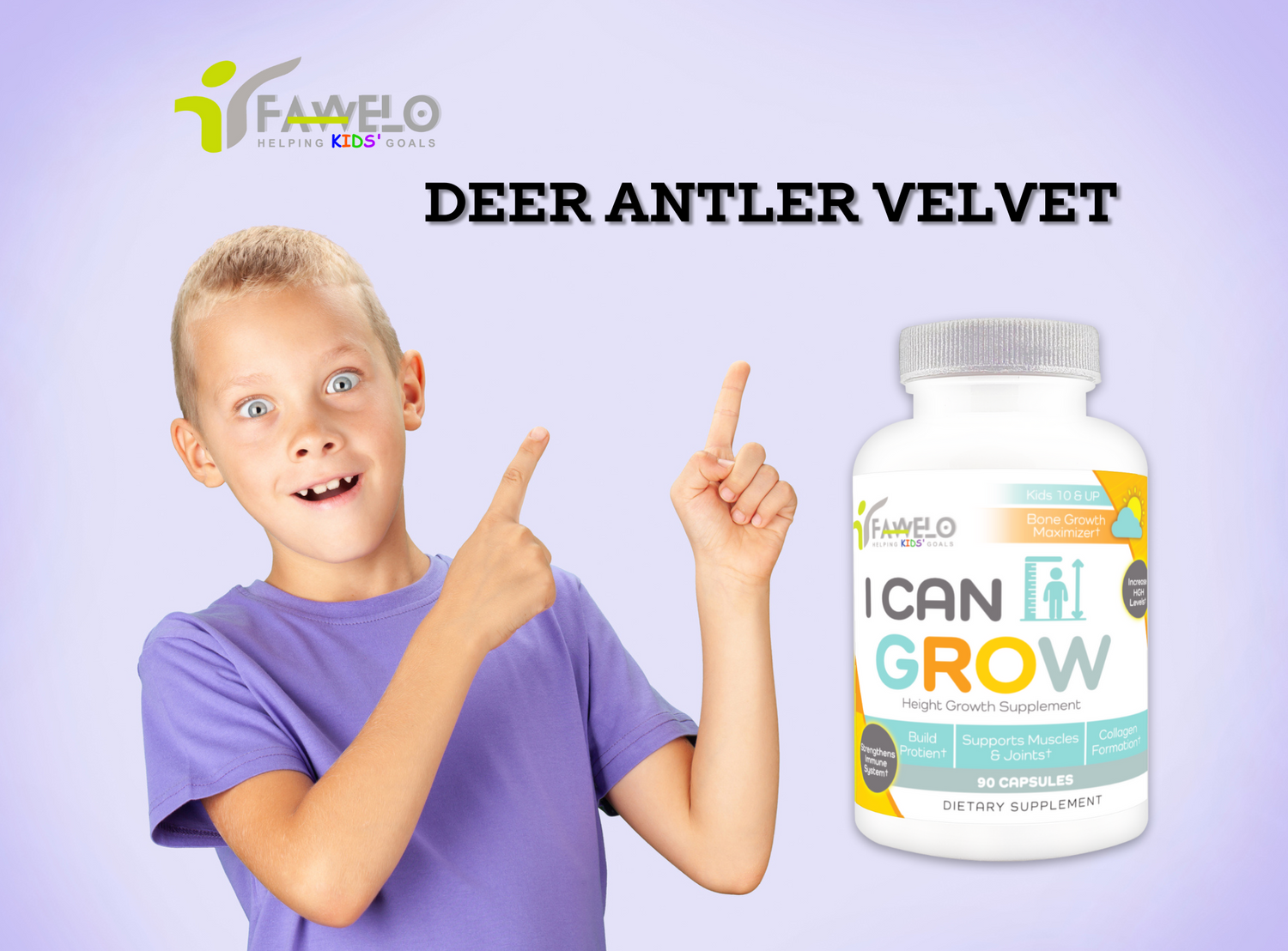Vitamin E
Vitamin E plays an important role in the growth and development of children.
Has positive effects on both bone and muscle mass due to its antioxidant properties. Antioxidants are elements that protect cell membranes from damage and limit the production of free radicals. Free radicals are harmful molecules released into the body as a bi-product of normal metabolism and can damage cells.
Vitamin E also promotes blood circulation and keeps blood vessels open wide enough for blood to flow freely, and it helps the cells of the body work together to perform many important functions.
Vitamin E was officially recognized for its role as an essential dietary substance in normal fetal development.
HOW MUCH VITAMIN E DOES YOUR CHILD NEED?
Vitamin E is an essential micronutrient that has an important role in your child’s diet.
Is a fat-soluble vitamin that can be stored in the body.
For kids who don't get enough vitamin E, a supplement may be necessary.
- 4 to 8 years: 7 mg alpha-tocopherol (10.4 IU)
UL: 300 mg alpha-tocopherol (450 IU)
- 9 to 13 years: 11 mg alpha-tocopherol (16.4 IU)
UL: 600 mg alpha-tocopherol (900 IU)
- 14 to 18 years: 15 mg alpha-tocopherol (22.4 IU)
UL: 800 mg alpha-tocopherol (1200 IU)
SIGNS OF DEFICIENCY…
Inadequate vitamin E can cause neurological problems, such as nerve and muscle damage that can cause a loss of feeling in the arms and legs, poor body movement control, and muscle weakness. Vision problems and a weak immune system may also be signs of vitamin E deficiency.

